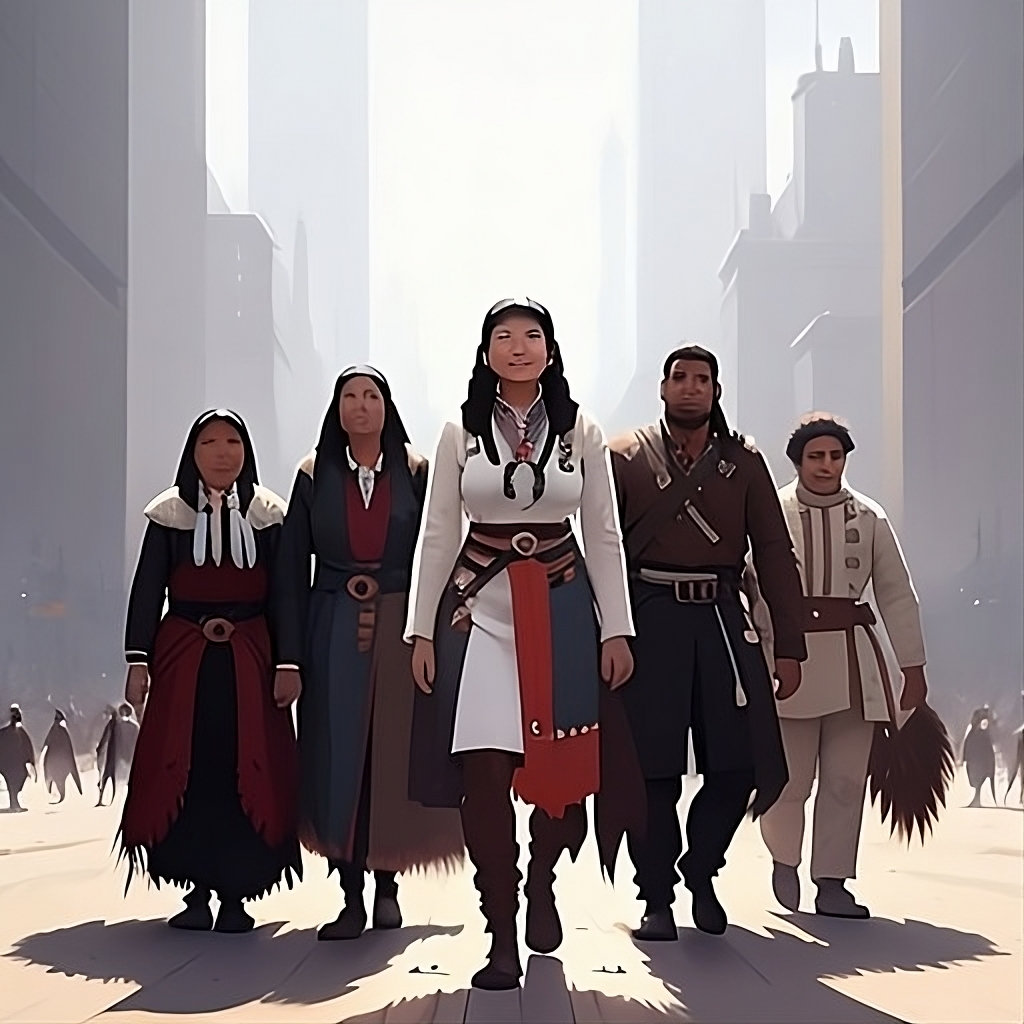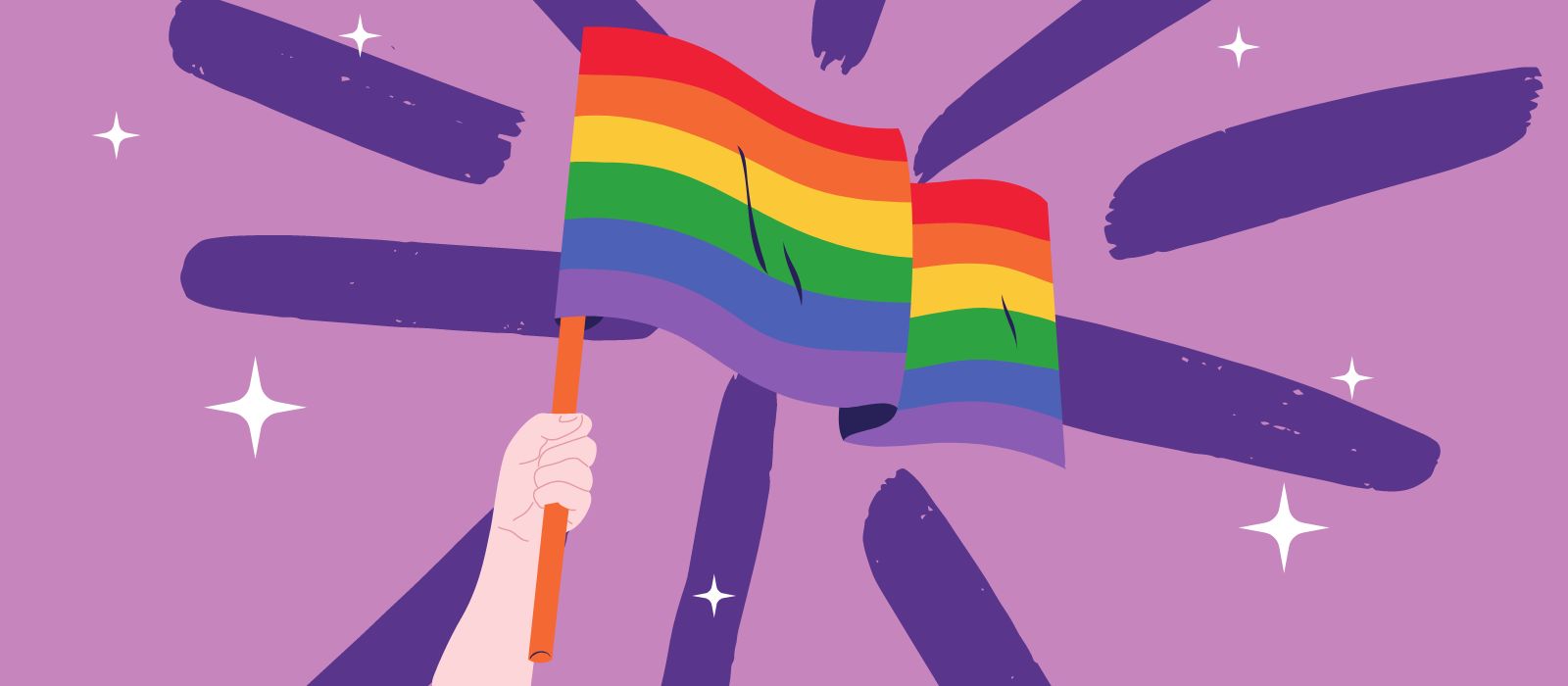Elevating Equity in the Age of AI: Shaping a Fair Digital Future
The digital revolution has transformed almost every aspect of our lives, from how we communicate to how we work. However, as artificial intelligence (AI) becomes increasingly embedded in our societal infrastructure, the pressing need to ensure that this technology serves everyone equitably grows ever more urgent. The challenge is stark: how do we make sure AI does not exacerbate existing social inequalities but rather helps to bridge these gaps? This conundrum brings us to the critical discourse on “Elevating Equity in the Age of AI: Shaping a Fair Digital Future.” The power and promise of AI come with significant responsibilities, and it is essential for leaders, particularly chief Diversity, Equity, and Inclusion (DEI) officers, to navigate these waters thoughtfully.
In today’s rapidly advancing technological landscape, the role of chief DEI officers extends beyond traditional corporate responsibilities. They are now tasked with ensuring that the algorithms and platforms we develop uphold the principles of fairness and justice. From examining biases in AI data sets to advocating for inclusive AI policies, these leaders play a crucial role in shaping a future where technology benefits all members of society equally. This blog post will delve into strategic approaches and best practices that can help elevate equity during this transformative era. Join us as we explore how companies can harness the power of AI ethically and responsibly, setting the stage for a more inclusive digital future.




